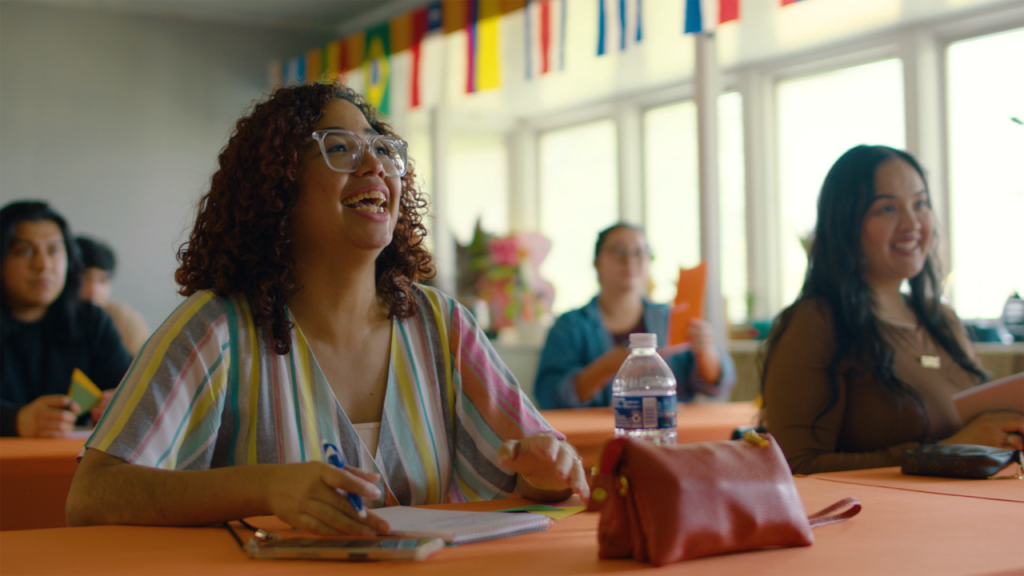Bilingual youth in Knoxville, Tennessee are bridging communication gaps between Latino patients and doctors through a nonprofit medical interpreter training program funded by Direct Relief, improving health access and outcomes.

By Martha Lee/Direct Relief. Originally published on September 12, 2023 by Direct Relief.
During a medical visit, communicating the symptoms and state of one’s health is essential to receiving sound treatment and a diagnosis. For patients communicating in a language different than that of their medical provider, medical interpreters can help bridge the language gap, as well as advocate for their patients.
That’s exactly what a group of young interpreters with Centro Hispano de East Tennessee are accomplishing. The nonprofit, located in Knoxville, Tennessee, has supported the growing Latino population in the area for the past 16 years through its workforce development program, youth and family engagement, and through its community resource department connecting clients to services such as legal counsel, health care and housing.
They’ve expanded to include medical interpretation, one of the most requested services by both the Latino community, as well as the medical facilities in the area. Centro Hispano received $186,000 from Direct Relief’s Fund for Health Equity, via Eli Lilly and Company, to develop a pilot program of medical Interpreters that will address current inequities by recruiting and training a group of multi-lingual youth seeking to learn new skills, join the healthcare workforce and serve their community.
This pilot program graduated ten individuals and supported them through their training and certification programs, which enabled the Knoxville metro area’s Latino population to gain greater access to Spanish/English interpreting in healthcare settings, empowering the community in health-related decision-making.
It also opened a new post-secondary career path for Latino youth in the area, leveraging their bilingualism to earn a living wage, elevating their economic ceiling, and supporting the area health care system by providing competent and accurate interpreting services. At the end of the pilot, the organization secured additional funding from area sponsors to have two additional interpreting cohorts go through the training.
These interpreters, working to connect patient and doctor, are focused on better health outcomes, one conversation at a time.
Watch this video to learn more about the program:
